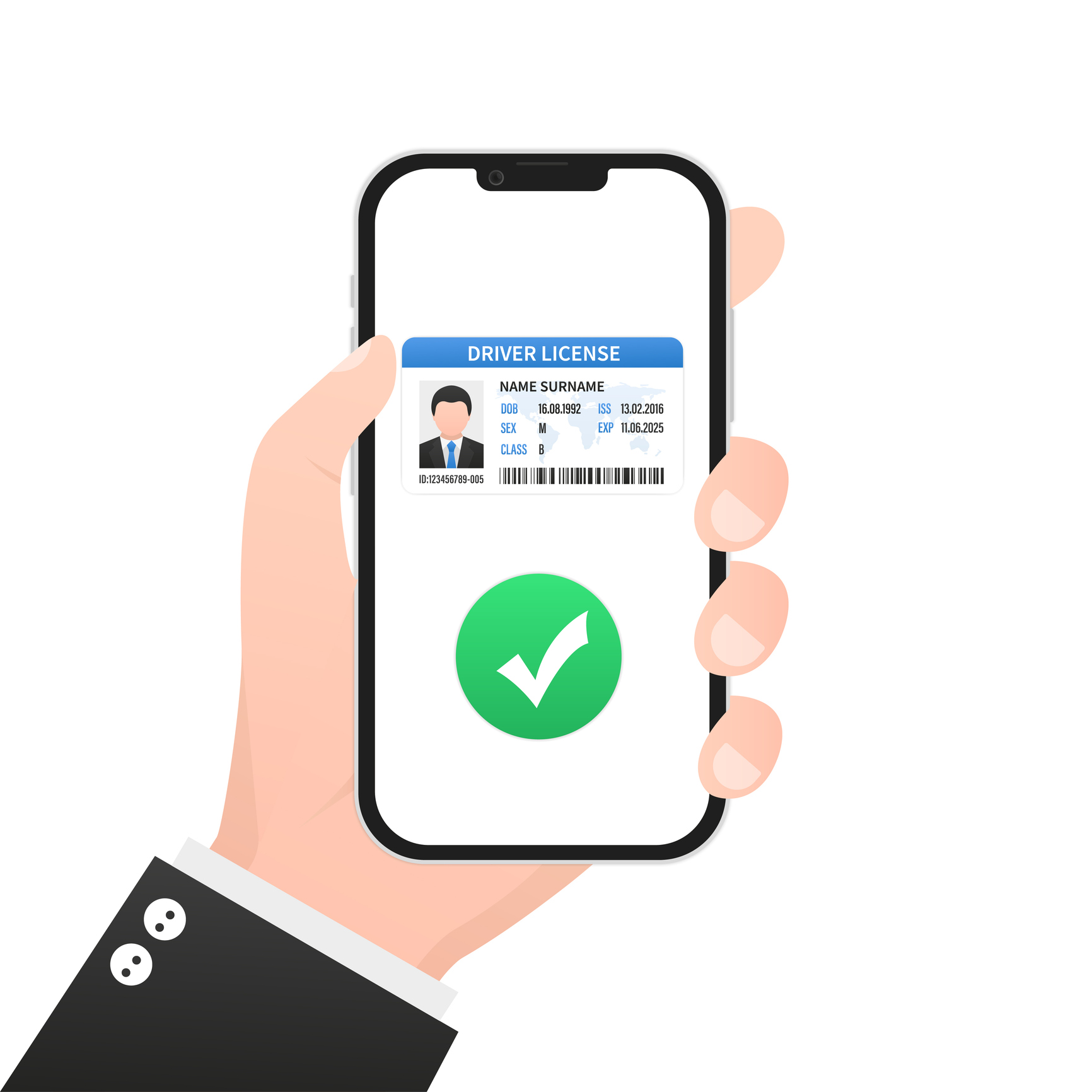
As we’ve noted in the past, electric bicycles are becoming increasingly popular, a billion-dollar industry in the United States. Advancements in electric vehicle technology continuously optimize electric bicycles as efficient, eco-friendly modes of transportation. Taking notice, policymakers across the country have recognized these trends and proposed various e-bike incentives to make electric bicycles more accessible.
Massachusetts Bill for E-Bike Incentives
In February 2023, Massachusetts lawmakers introduced House Bill 3145 to create a grant initiative to help municipalities, businesses, and nonprofit organizations finance electric bike share or ownership programs. Under the bill, which has not yet advanced through the legislature, grants would fund organizations purchasing electric bicycles, equipment, and infrastructure required for their e-bike program and cover labor and administrative costs. This bill requires the Department of Energy Resources (DOER) to administer the grant program. The bill would also require the department to develop criteria for awarding money to applicants, prioritizing those serving disproportionately impacted communities. Municipalities, businesses, and nonprofit organizations shall match at least a certain percentage of the money granted by the department and demonstrate compliance through periodic reporting requirements.
Michigan Bill Would Create Vouchers for Electric Bicycle Purchases
In April 2023, Michigan lawmakers introduced House Bill 4491 to establish an electric bicycle voucher program. This bill would allow Michigan residents at least 18 years of age to apply for a discount voucher to purchase an electric bicycle at an eligible retailer. The Office of Future Mobility and Electrification would consult the Department of Treasury to oversee the application process and award vouchers equal to 90% of the retail price of an electric bike, up to $500, to qualifying residents. Additionally, under the bill, low-income residents could obtain vouchers up to $1,250. Residents would have to use vouchers within one year of the date issued. The bill would further require retailers to register with the Department of Treasury to participate in the incentive program and receive reimbursement for redeemed vouchers. Vouchers will be available through 2028, with the department submitting annual reports documenting the program’s use.
New Hampshire Proposal Providing Electric Bicycles for Low-Income Workers
In January 2023, New Hampshire lawmakers introduced Senate Bill 186 to provide low-income workers with an electric bicycle incentive program. This bill would enable residents at least 16 years of age with incomes equal to or less than 200% of the federal poverty level, with a New Hampshire Community Action Program referral, to apply for an electric bicycle rebate. The Granite State Clean Cities Coalition commissioner would review applications and provide rebates for electric bicycles equal to 50 percent of the retail price, up to $500. An additional rebate up to $100, may be provided to purchase accessories. An appropriation of $100,000 was made available under this bill to administer the incentive program through June 2025. However, the bill did not advance in the 2023 legislative session.
Latest News
Photo credit: iStock.com/StudioGraphic As technology continues to evolve, digital driver's licenses (also known as mobile IDs) are gaining traction across the United States. States are increasingly exploring legislative measures to modernize driver identification systems, enabling [...]
In this episode of The Back in Session Podcast, hosts Ryan Stevens and Ryan DeMara are joined by Brendan Williams from PBF Energy. They delve into the state of energy policy, the refining sector, and [...]
NetChoice and AI regulation In this episode of the Back in Session podcast, hosts Ryan Stevens and Ryan DeMara sit down with Amy Bos, Director of State and Federal Affairs at NetChoice, to discuss the [...]
Photo credit: iStock.com/yacobchuk The use of cell phones by students in classrooms is on the rise, despite 77% of schools prohibiting cell phones at school for non-academic use. With students often disregarding these rules or [...]





Stay In Touch